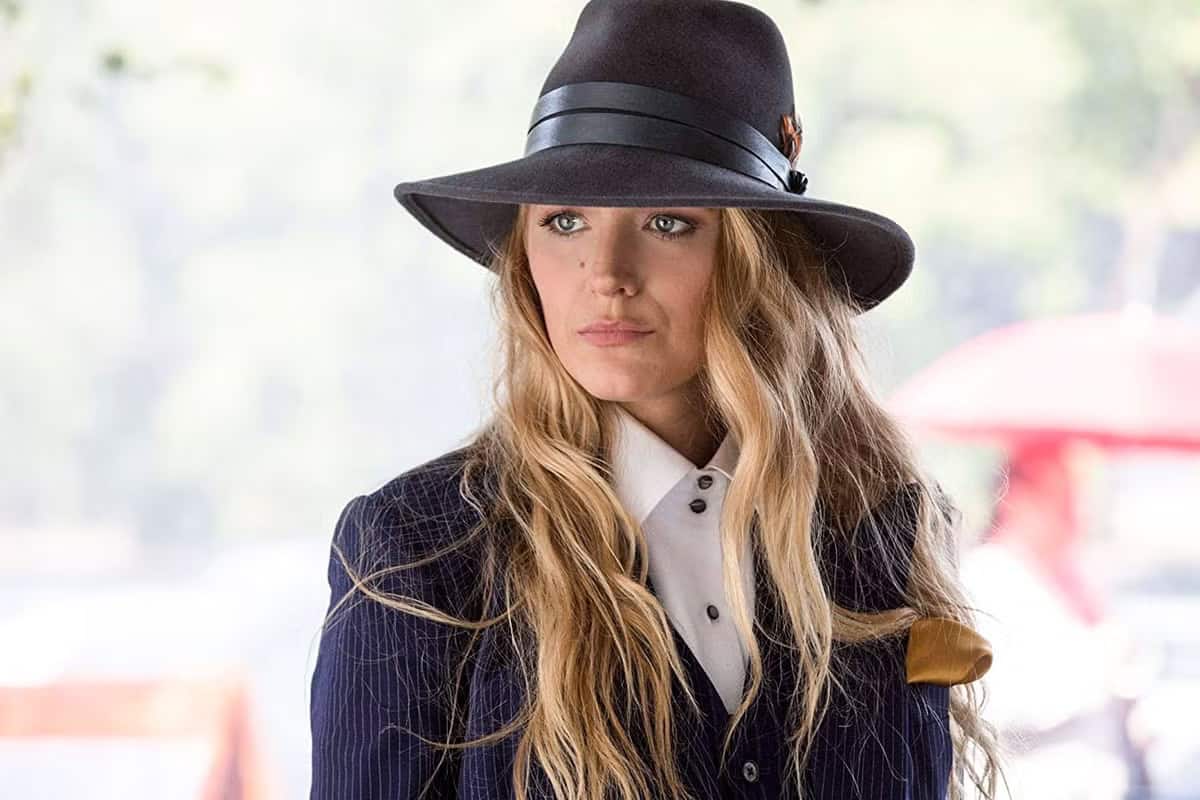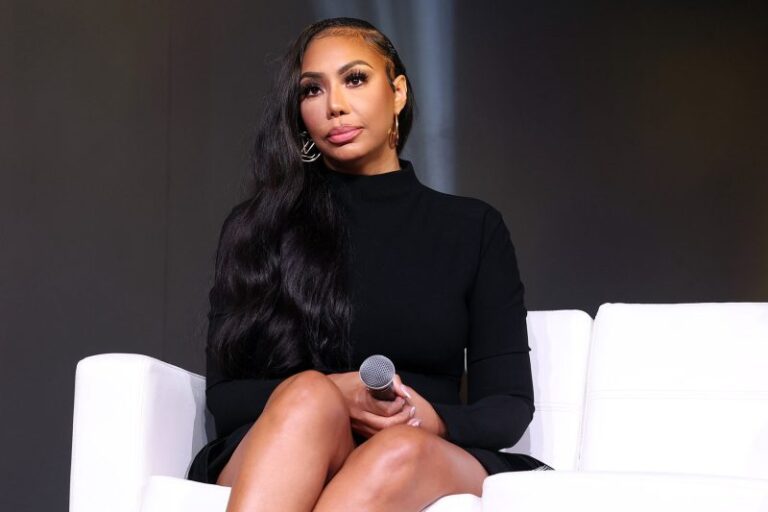Blake Lively Backs Off Perez Hilton Subpoena Amid Justin Baldoni Lawsuit
Whispers just got louder in Hollywood: Blake Lively has quietly withdrawn a subpoena against prominent gossip blogger Perez Hilton—just as his legal team pulls in the ACLU. In a move that’s raising eyebrows, insiders suggest the timing isn’t accidental. This development comes in the broader legal saga between Lively and her It Ends With Us co-star/director Justin Baldoni, where accusations, countersuits, and courtroom drama have become mainstream.
The Roots of the Blame Game: Blake Lively vs. Justin Baldoni
The legal drama began in December 2024, when Blake Lively filed a formal complaint with the California Civil Rights Department. She accused Justin Baldoni, producer Jamey Heath, and his studio (Wayfarer Studios) of creating a hostile work environment. The allegations included inappropriate behavior such as unwanted physical advances (improvised kissing), boundary violations in her trailer (entering while she was undressed or breastfeeding), and other conduct that made her feel unsafe. She also claimed retaliation: that when she raised concerns, Baldoni’s team allegedly launched or permitted a “smear campaign” to damage her reputation.
In response, Baldoni filed several lawsuits of his own. He sued Blake Lively, her husband Ryan Reynolds, and associated publicists and studios for defamation, civil extortion, and related claims — in some filings asking for damages of $400 million. He alleged that Lively and Reynolds coerced changes to the film It Ends With Us, manipulated public opinion, and misused text messages and PR in ways that harmed his reputation and professional standing.
Over the months, there have been motions, countersuits, amended complaints, dropped claims, and significant legal push-and-pull. One major ruling came in June 2025, when a judge dismissed Baldoni’s defamation and extortion lawsuit, finding that Lively’s allegations were protected, especially as part of a legal proceeding.
The Subpoena That Set Off Sparks
As part of her case, Lively’s legal team served subpoenas to several individuals and entities alleged to have taken part in the smear campaign, including Perez Hilton, a well-known celebrity gossip blogger. The filings from Lively asserted that Hilton, using his “sizeable digital platform,” had colluded with Baldoni (or with Baldoni’s handlers) to spread negative content about her…supposedly as retaliation for her complaints. Perez Hilton pushed back hard, insisting in an interview with Page Six that he “acted independently and unpaid” in any of his negative commentary.
Hilton also challenged the subpoena as overly broad, arguing it threatened journalistic protections and his freedom of speech. As the dust settled, his self-representation was replaced by legal counsel from the ACLU of Nevada, which significantly changed the stakes.
ACLU Steps In & Things Shift
Shortly after the ACLU’s involvement became public, Lively’s legal team withdrew the subpoena. Hilton told Page Six, “If the ACLU of Nevada had not agreed to represent me … Blake would absolutely still be pursuing the subpoena! They withdrew today — after yesterday’s call.” Hilton’s position is that there was no collusion, no payment, no direction: just independent criticism. He also described the subpoena as “burdensome,” “too broad,” and endangering both his protected sources and his journalistic work product.
Where the Case Stands & Why This Withdrawal Matters
Beyond the drama, the legal fight between Blake Lively and Justin Baldoni is far from over. The pullback from the Hilton subpoena could signal a recalibration by Lively’s legal team—maybe focusing on narrower targets, stronger evidence, or avoiding entanglements over First Amendment challenges. Legal experts suggest that when the ACLU enters a case, risks to claims of free speech and press protection become more prominent.
This turn of events (dropping the subpoena just after Perez Hilton secured ACLU backing) has fueled speculation that Lively’s camp didn’t want to wade into a public fight over journalistic rights. Whatever the strategy, the withdrawal underscores how fragile the balance is between protecting reputation and respecting free speech. Trial is still set for March 2026, meaning there’s plenty more legal theater ahead, and this episode may well be remembered as a pivot point.





